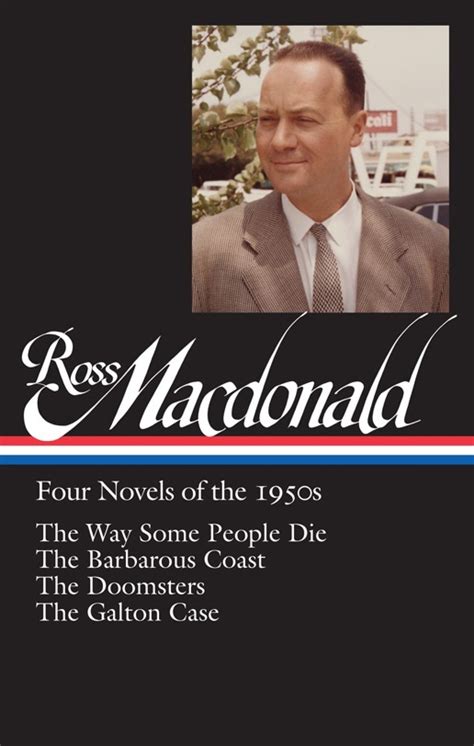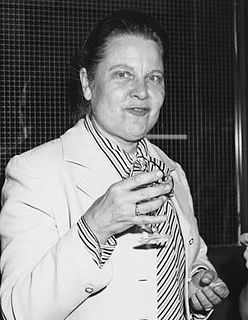A Quote by Ross MacDonald
I wanted to write as well as I possibly could to deal with life-and-death problems in contemporary society. And the form of Wilkie Collins and Graham Greene, of Hammett and Chandler, seemed to offer me all the rope I would ever need.
Related Quotes
Wilkie Collins was a rival and competitor of Dickens. His novel Moonstone sold more copies at the time than Dickens' last two books. But that meant nothing in the long run. Right now, to be honest, Wilkie Collins is what he deserved to be back then: a footnote, an almost lost memory. And he knew he would become that.
While I was writing poems, I would often divert myself by reading detective novels, I liked them. And there was a period when I read many of them. I absorbed the form, and I liked it, it was a good one, mostly the hard-boiled school, you know, Chandler, Hammett, and their heirs. That was the direction that interested me most.
All I wanted was to live a life where I could be me, and be okay with that. I had no need for material possessions, money or even close friends with me on my journey. I never understood people very well anyway, and they never seemed to understand me very well either. All I wanted was my art and the chance to be the creator of my own world, my own reality. I wanted the open road and new beginnings every day.
If I had my life over again I should form the habit of nightly composing myself to thoughts of death. I would practise, as it were, the remembrance of death. There is no other practice which so intensifies life. Death, when it approaches, ought not to take one by surprise. It should be part of the full expectancy of life. Without an ever-present sense of death life is insipid.
Throughout the history of commercial life nobody has ever quite liked the commission man. His function is too vague, his presence always seems one too many, his profit looks too easy, and even when you admit that he has a necessary function, you feel that this function is, as it were, a personification of something that in an ethical society would not need to exist. If people could deal with one another honestly, they would not need agents.
Through death you find yourself, because you no longer identify with form. You realize you are not the form with which you had identified neither the physical nor the psychological form of "me". That form goes. It dissolves and who you are beyond form emerges through the opening where that form was. One could almost say that every form of life obscures God.






































